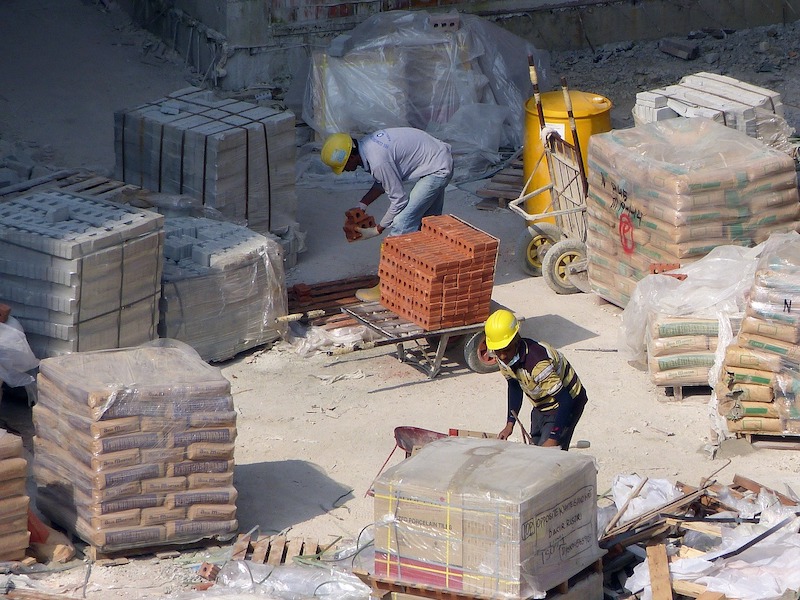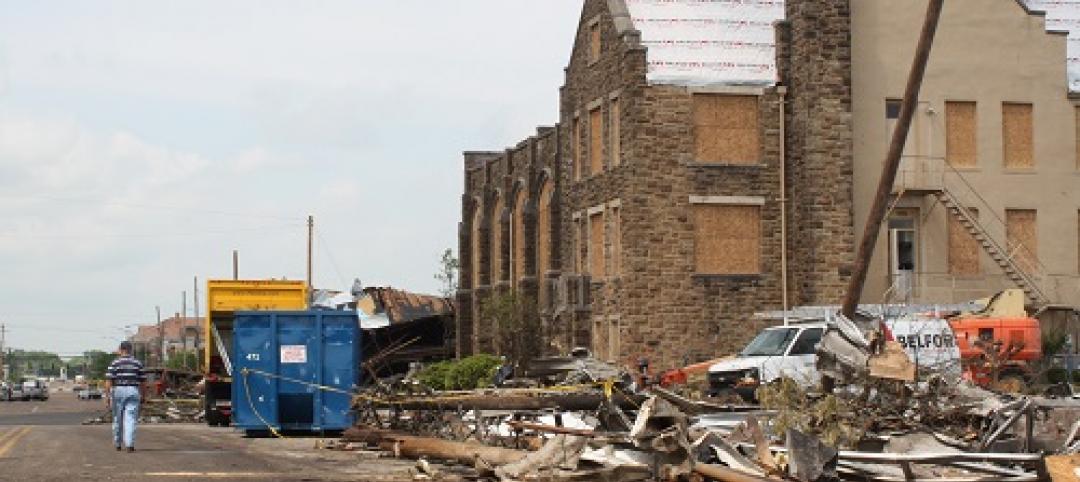Most of the nation’s building code officials are within a decade or so of retirement, and many do not have understudies in place to step into the role when they call it quits.
This is a looming crisis for the real estate development and construction sector of the economy. According to a survey by the International Code Council (ICC), 80% of inspectors plan to retire within 15 years, and 30% plan to leave the profession within five years.
In years past, cities and towns tended to hire younger people who worked with experienced professionals and were able to bolster their education on the job. That practice changed, however, during and after the recession of 2008-2009 when communities laid off workers and in many cases haven’t replaced junior code inspectors that were let go.
The ICC is working to avoid an inspector shortage with programs such as one that teaches students in technical high schools how to navigate building codes. The goal is to improve code compliance and highlight the possibility of tradespeople moving to codes roles.
Related Stories
| Dec 11, 2013
NIST recommends tougher standards for tornado resilience
Buildings in tornado-prone areas should be constructed to withstand strong winds just as hurricanes are factored into building codes in coastal areas, says a federal report examining the 2011 killer tornado in Joplin, Mo.
| Dec 10, 2013
Whistleblowers can now file complaints online with OSHA
Whistleblowers covered by one of 22 statutes administered by the Occupational Safety and Health Administration (OSHA) now will be able to file complaints online.
| Dec 4, 2013
Five U.S. cities leading on climate change initiatives
Houston, Salt Lake City, Miami, New York, and Los Angeles are five cities that are leading the way on preparing for climate change and extreme weather, according to a Center for American Progress report.
| Dec 4, 2013
Philadelphia City Council mulling bill requiring ID cards for construction workers
The Philadelphia City Council has held a series of hearings on a bill aimed at boosting the city's safety regulations in the wake of a deadly building collapse earlier this year.
| Dec 4, 2013
Changes completed on 2015 IECC provisions
The 2015 International Energy Conservation Code (IECC)—the code that serves as the model for states’ codes—has undergone final changes.
| Dec 4, 2013
Design-build makes gains along with more authorizing legislation
In 2009, more legislation authorizing design-build project delivery passed than in any year in Design Build Institute of America’s history.
| Dec 4, 2013
Rotterdam resiliency policies include floating neighborhood
The low-lying city of Rotterdam in the Netherlands is a world leader in storm resiliency with policies that impact businesses, private homes, and public infrastructure.
| Dec 4, 2013
Meet the 'world's greenest building': One Angel Square
The 500,000 sf, 14-story One Angel Square in Manchester, England, is being promoted as "the most environmentally-friendly building in the world."
| Dec 3, 2013
Architects urge government to reform design-build contracting process
Current federal contracting laws are discouraging talented architects from competing for federal contracts, depriving government and, by inference, taxpayers of the best design expertise available, according to AIA testimony presented today on Capitol Hill.
| Nov 27, 2013
ASHRAE data center standard open for public review
Standard 90.4P, Energy Standard for Data Centers and Telecommunications Buildings, is being developed in response to requests to recognize the energy performance profiles unique to data centers.
















